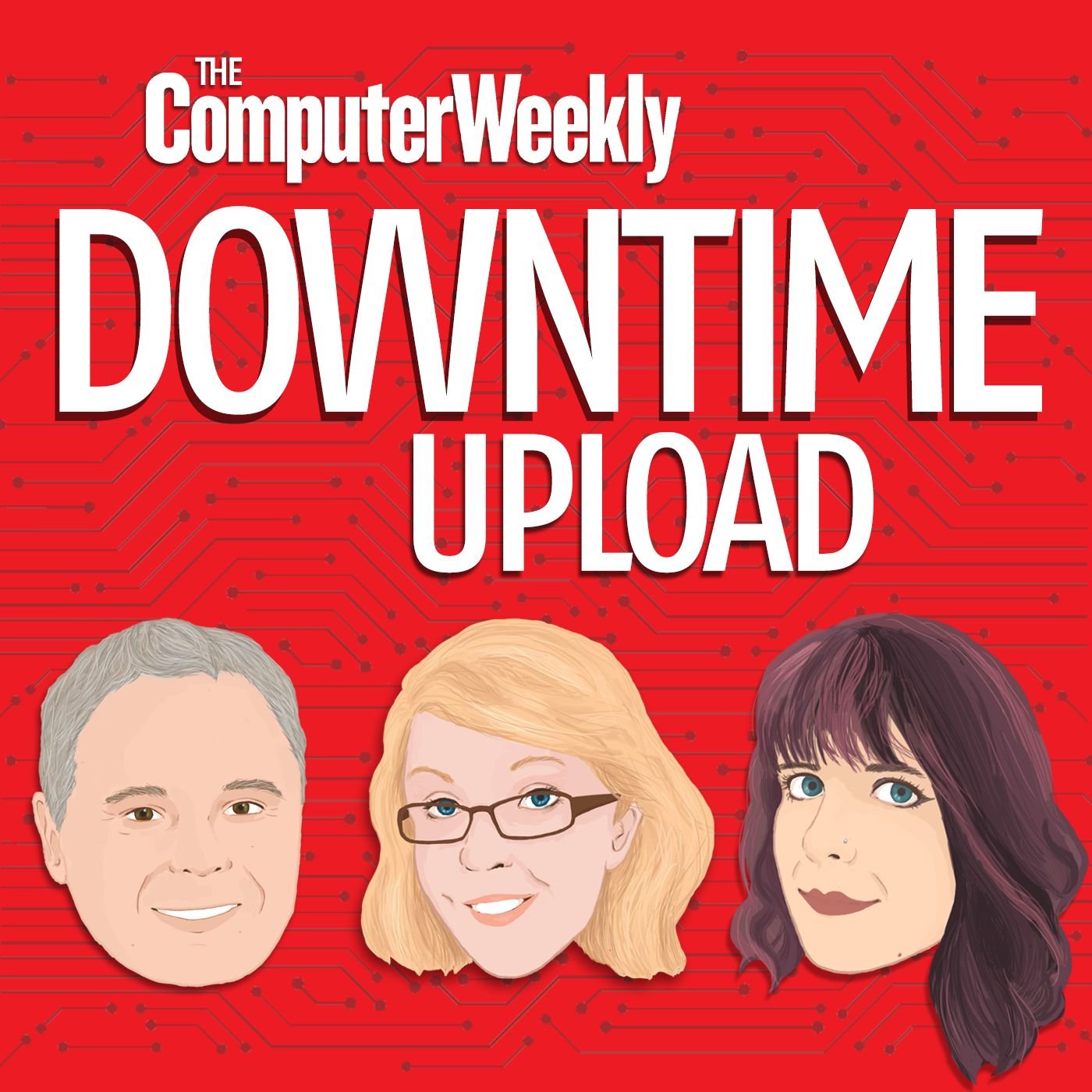
JDaniels
Ethnic diversity, cloud apps for Gen Z, and accountants – Computer Weekly Downtime Upload podcast

In this episode of the Computer Weekly Downtime Upload podcast, Caroline Donnelly, Clare McDonald and Brian McKenna discuss workplace diversity in respect of ethnicity, a financial app for cashless Generation Z, and how accountancy firm Saffery Champness has benefited from a SaaS document management system
In this episode of the Computer Weekly Downtime Upload podcast, Caroline Donnelly, Clare McDonald and Brian McKenna discuss workplace diversity in respect of ethnicity, a financial app for cashless Generation Z, and how accountancy firm Saffery Champness has benefited from a software-as-a-service document management system.
The team briefly reflect on the new elements in the government’s pandemic management, including the NHS Covid-19 contact-tracing app, before getting on to the main topics of discussion for the episode.
Clare opens up with an account of a diversity workshop that is part of the build-up to the Computer Weekly Diversity in Tech 2020 event, in partnership with Spinks, on 1 October 2020. The workshop is part of a weekly series that would normally form part of the real-world event.
The workshop, held on Thursday 24 September, was about making organisations more inclusive for black employees, and was held in conjunction with diversity advocate organisation the Tech Talent Charter.
Debbie Forster, CEO of the Tech Talent Charter, chaired the workshop, which featured a panel comprising Sei Moon, Gori Yahaya, Marika Bee and Kevin Cushnie. They, as a team, created the Education and Allyship Roadmap during the Tech Talent Charter’s July Open Playbook [best practices] hackathon, which focused on what organisations must do to become more inclusive.
Clare says Debbie got the workshop going by asking what the barriers are to greater inclusion, and how organisations that have become woke to under-representation can do to overcome them.
Clare and Brian (who also attended the workshop) share their experiences of the event, which differ in that the latter attended a mid-workshop breakout. The heterogeneity of the BAME community came up in discussion, he says.
Clare then talks about the importance of networking and how the deliberate opening up of social networks was discussed at the workshop. She also stresses the importance of action, not just words – as in statements about how black lives matter without much substance to those.
Better to be doing something positive than fretting about getting things wrong: be brave was one of the themes of the workshop, articulated by the panellists and emphasised by Debbie in her summation.
The next event under the Diversity and Inclusion banner is the Diversity in Tech 2020 event itself, at which the 50 most influential women in technology list will be announced. The longlist for 2020 was published in Computer Weekly in July.
Debit card for cash-free Gen Z
Caroline is up next to talk about a case study and interview with Louise Hill, co-founder and chief operating officer of GoHenry, about the Google Cloud migration for its pre-paid Visa debit card, with a focus on the trends around young people being cashless as well as digital natives.
This parentally controlled debit card app for six to 18-year-olds aspires to teach money management skills and practices. The parents have a mobile app, and the kids get money on a card that would previously have come from spare cash around the house.
And so, the children gain an experience and appreciation of spending money in line with what they see their parents doing.
As of March 2020, the app had one million users.
Accountancy firm Saffery Champness’ use of NetDocuments
Moving from one cloud-based case study to another, Brian then talks about his interview with Julie Berry, IT partner at Saffery Champness, about the firm’s 2019 implementation of a cloud-based document management system.
Saffery Champness is the 12th largest firm of chartered accountants in the UK, founded in 1855, and with offices from Inverness to Bournemouth on the British mainland, and an office in Dublin.
Julie is effectively the firm’s CIO, and has 25 or so years’ experience both in professional services and with document management systems.
NetDocuments was founded in 1999 in Utah as one of that generation of early software-as-a-service (SaaS) suppliers that includes NetSuite. Julie and her team chose NetDocuments from a small group of candidate cloud-based suppliers that also included M-Files, and she describes the reasons for the final choice in the case study.
Brian relates how before the implementation, the firm had an essentially organic document management system that had emerged from the day-to-day work of its 600 or so accountants and their 200 support staff, based on their Microsoft Exchange directory structure.
From an IT perspective, Julie talks about how she wants her team of about a dozen staff to be advisers to the business and not bogged down in transactional systems detail. She is a big believer in cloud first and says: “None of us gets business strategic benefits from having servers in a comms room. It just doesn’t provide agility.”
The firm has benefited from the NetDocuments system during the pandemic, she says. It has enabled an “office in a rucksack” mode of working.
Brian concludes his presentation of this case study with some of Julie’s remarks about the pandemic showing how people like a blend of working styles, and that younger trainee professionals appreciate being with their peers in an office environment.


